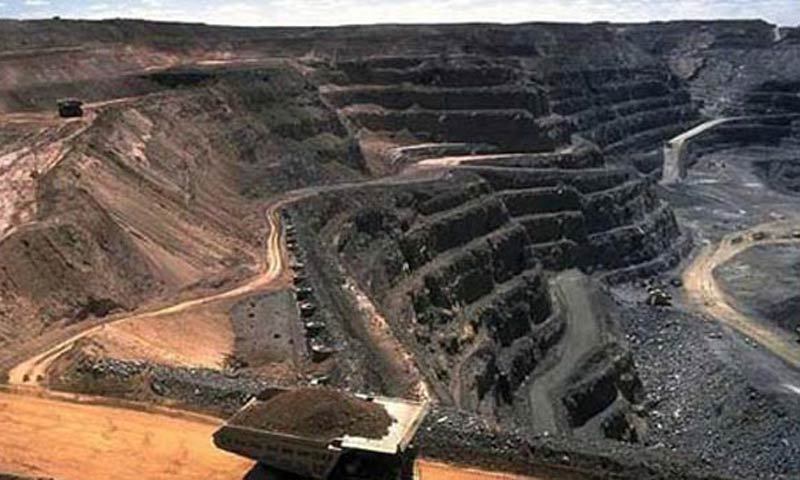KARACHI (ABC) – Thar coal has the potential to alleviate the high energy costs that have equally burdened both the industry and the common citizens through inflated electricity bills, as reported by WealthPK.
The surge in prices primarily stems from the global increase in essential primary energy resources such as coal, oil, and gas, coupled with the significant devaluation of the local currency.
These factors have intensified the financial strain on the power sector and consumers alike.
“Pakistan heavily relies on imported energy resources such as coal, oil and gas.
The rupee devaluation leads to higher import costs, directly influencing the pricing of electricity and resulting in increased tariffs for consumers,” according to a report from the National Electric Power Regulatory Authority (Nepra).
Moreover, the power sector is heavily dependent on the imported equipment and technology.
A devalued rupee further amplifies the cost of such imports, making it more expensive to maintain and upgrade the power infrastructure.
The report notes that from the economic perspective, nuclear and Thar coal-based plants stood as the most viable options for base load power.
“This necessitates concerted efforts to further develop the Thar Coal mines and associated infrastructure such as railways,” Murtaza Syed, Director Sindh Energy Department, told WealthPK.
He said Thar Coal Power Plant is contributing 10 percent to the energy sector by utilizing its highest production capacity, which could be increased to 15 to 20 percent to significantly reduce the cost of electricity.
Commenting on the Nepra report and the impact of expensive electricity on economic growth, he said this situation calls for increased reliance on coal resources.
He added that the Thar’s coal-fired power plants are the lowest-cost electricity producers in the country.
Murtaza noted that the production cost of electricity from Thar coal is Rs5.00 to Rs7.00 per kilowatt, while the power generated from the imported one is costing Rs15 to Rs25 per kilowatt.
He said Pakistan has started generating electricity from Thar coal after a delay of 50 years.
“In order to make full use of Thar coal, it is necessary to create instruments for investment in it with the federal government’s sovereign guarantee in collaboration with the central bank,” he added.
He noted that coal mining is a capital-intensive and high-cost industry.
“Since global financing for this sector has closed, public-private partnerships at the country level is the only way to reap the economic benefits from the vast local coal reserves,” he said.
During the FY2022-23, thermal generation, including imported fuels (Coal, RLNG, RFO), accounted for around 62% of the total generation capacity.
The Nepra recommends that there’s a need to implement measures to optimize the utilization of Thar Coal, including transitioning from the imported coal to the locally sourced coal, reducing costs and enhancing energy security.

